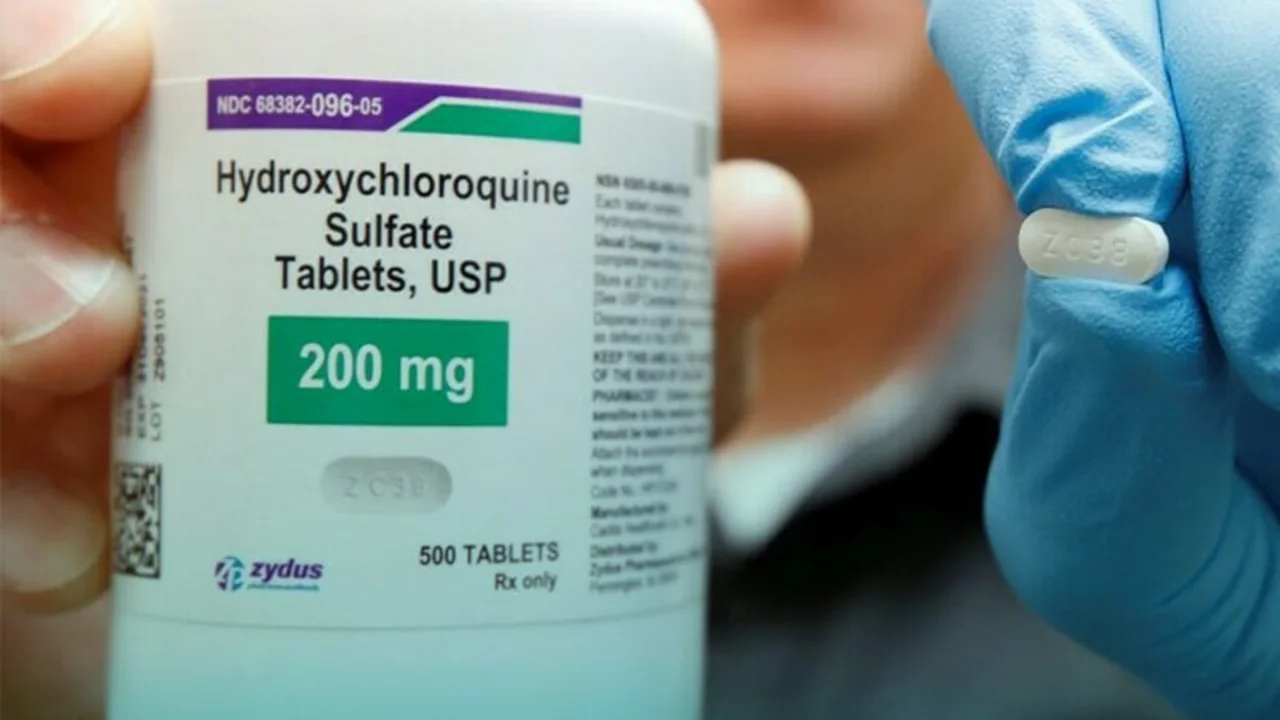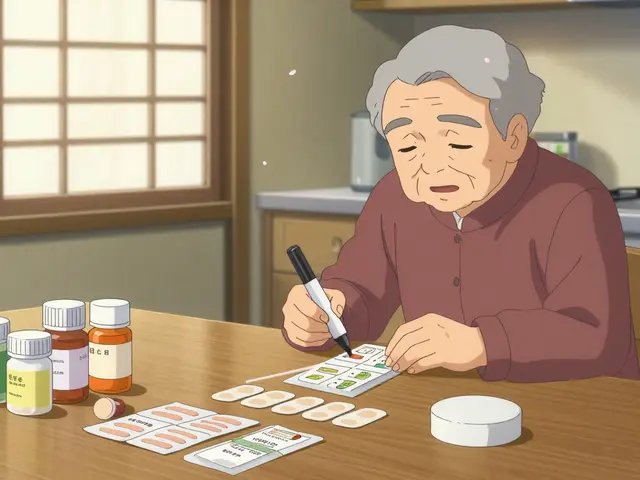Antimalarial Medication: What Works and How to Use It Safely
If you’re planning a trip to a region where malaria is common, knowing which medication to take can feel like a maze. The good news is that modern antimalarial drugs are well‑studied and widely available. Picking the right one means understanding how each drug fights the parasite, when it should be started, and what side effects you might see.
Common Antimalarial Drugs
Chloroquine was once the go‑to pill, but many malaria strains now resist it. Today, most travelers rely on artemisinin‑based combination therapies (ACTs) such as Artemether‑Lumen® or Coartem®. These pair a fast‑acting artemisinin derivative with a longer‑lasting partner drug to clear parasites completely.
For short trips in low‑risk areas, atovaquone‑proguanil (Malarone®) is popular because it’s taken once daily and has mild side effects. Doxycycline works well for longer stays but can cause sun sensitivity, so bring sunscreen. Mefloquine (Lariam®) offers weekly dosing, which some people love—others dislike the vivid dreams it sometimes triggers.
Choosing the Right Medication for Your Trip
The first step is to check the malaria risk level of your destination. Health agencies label regions as low, moderate, or high risk; that rating guides whether you need prophylaxis (preventive meds) or just a standby treatment if symptoms appear.
Next, consider your health profile. If you have liver issues, avoid drugs heavily processed by the liver like chloroquine. Pregnant women should steer clear of doxycycline and mefloquine unless a doctor says otherwise; safer options include quinine with clindamycin under supervision.
Timing matters too. Most prophylactic meds start 1–2 days before you arrive, continue through your stay, and finish a few weeks after you leave to mop up any lingering parasites. Keep a pill organizer handy so you don’t miss doses—missing just one can lower protection dramatically.
Side effects are usually mild: nausea, headache, or stomach upset. If you notice severe dizziness, rash, or mood changes, contact a doctor right away and consider switching to another drug. Many travelers keep a backup regimen in case the first choice doesn’t suit them.
Avoiding mosquito bites is still the best defense. Use insect repellent with DEET, sleep under treated nets, and wear long sleeves when dusk approaches. Even the strongest medication can’t fix a bite that turns into severe malaria.
When you feel fever, chills, or flu‑like symptoms while abroad, treat it as an emergency. Seek medical care immediately—early diagnosis saves lives. Carry a printed copy of your prescription and a brief note about any allergies.
Finally, keep records of what you took, when you started, and how long you stayed on the drug. This information helps doctors manage any side effects and decide if follow‑up treatment is needed.
In short, antimalarial medication isn’t one‑size‑fits‑all. Pick a drug that matches your travel length, health status, and destination risk. Pair it with solid bite prevention, stay on schedule, and you’ll lower the odds of catching malaria dramatically.
Order Hydroxychloroquine Safely Online: Secure Pharmacy Options
Hey there, folks! I know a lot of you out there are on the lookout for hydroxychloroquine and might be wondering where you can purchase it safely online. So, I decided to dive deep into the web and find secure pharmacy options for us. You see, it's not just about getting your hands on the medication; it's also about ensuring your safety and making sure it's the real deal. I'll be sharing some golden nuggets on how to buy hydroxychloroquine online, tips to avoid dodgy sellers, and what to watch out for. Stick with me, and let's figure this out together. It's crucial, more than ever, to stay informed and choose wisely - your health depends on it!






